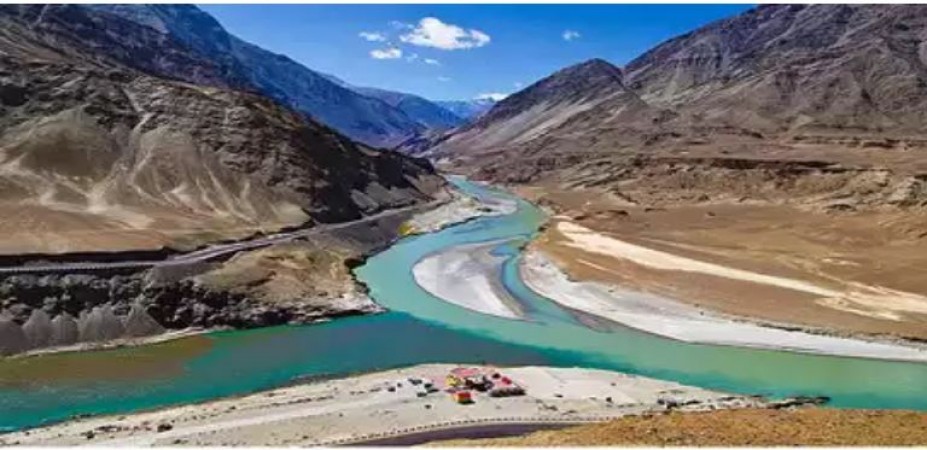
New Delhi: The Indus Waters Treaty is an international agreement signed between India and Pakistan in 1960 to regulate the sharing of water resources from the Indus River and its tributaries. The treaty was brokered by the World Bank and is aimed at ensuring the equitable distribution of water between the two countries, particularly for irrigation and hydropower purposes.
Under the Indus Waters Treaty, the Indus River system is divided into six major rivers: the Indus, Jhelum, Chenab, Ravi, Beas, and Sutlej. Three of these rivers, the eastern rivers (Ravi, Beas, and Sutlej), are allocated to India for unrestricted use. The western rivers (Indus, Jhelum, and Chenab) are allocated to Pakistan, with some limited usage rights granted to India for non-consumptive purposes like hydropower generation and agricultural development.
The treaty outlines provisions for the sharing of river waters and establishes mechanisms for dispute resolution, including the appointment of neutral experts or arbitration by the World Bank if disagreements arise between the two countries. India and Pakistan both follow the basic framework of the Indus Waters Treaty, and it has played a crucial role in preventing major conflicts over water resources between the two countries. Despite their political tensions, the treaty has largely remained intact.
However, there have been instances where disagreements and tensions have arisen due to the interpretation and implementation of the treaty's provisions. Pakistan has occasionally expressed concerns about India's construction of hydropower projects on the western rivers, which it fears could affect its water supply downstream. India, on the other hand, has raised concerns about Pakistan's use of water for agricultural purposes, particularly during drought years when water scarcity is more pronounced.
In recent years, water-sharing issues and concerns about the potential impact of climate change on water resources have added complexity to the Indus Waters Treaty. While both countries generally adhere to the treaty's principles, occasional disputes and tensions highlight the ongoing challenges of managing shared water resources in a region marked by historical and political complexities.
Unveiling the Cause Behind Devastating Floods and Landslides in Himachal Pradesh
Unraveling the Enigma: The Intriguing Demise of Lal Bahadur Shastri
Border Friction: Unpacking the McMahon Line Dispute Amidst India-China Strain